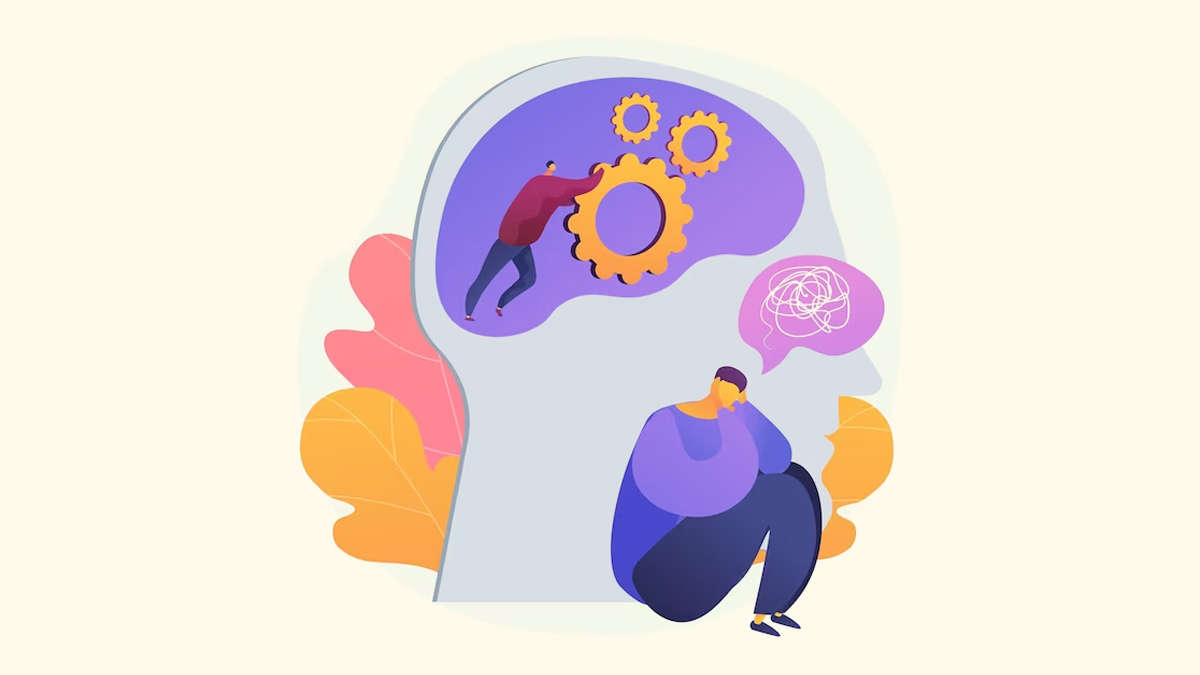
Depression when this word comes to mind, it is often thought of as a mental health condition, and rightfully so, as it primarily affects a person's mood and emotional state. However, depression can also manifest with a range of physical symptoms that are sometimes less recognised but equally important to acknowledge.
“Depression is characterised by a persistent sense of sadness and an overwhelming lack of interest in formerly enjoyable things and activities. It can also have an impact on your ability to think, remember, eat, and sleep. It's natural to feel sad or bemoan terrible life events, such as losing a job or getting divorced. However, depression is distinct from general despair,” said Chetna Luthra, Clinical Psychologist at Lissun. Here are some of the physical signs of depression that you should be aware of.
1. Persistent Fatigue
Feeling unusually tired or exhausted despite getting enough sleep is a common physical symptom of depression. Depression can disrupt sleep patterns, leading to both insomnia and excessive sleepiness during the day.
Also read: Link Between Depression & Type-2 Diabetes, Backed By Study
2. Changes in Appetite and Weight
Depression can impact eating habits, causing a loss of appetite or, conversely, overeating and weight gain.
These changes can have noticeable effects on a person's body weight and overall health.
3. Aches and Pains
People with depression often report unexplained physical symptoms such as headaches, back pain, and muscle aches. Chronic pain can be both a cause and a consequence of depression.

4. Digestive Problems
Gastrointestinal issues like stomach aches, cramps, and changes in bowel habits can be linked to depression. Stress and emotional distress can affect the gut-brain connection.
5. Slowed Movement and Speech
Depression can cause physical slowing, making daily tasks feel like a chore. People with depression may also speak more slowly and have reduced facial expressions.
6. Changes in Sleep Patterns
Insomnia or hypersomnia (excessive sleep) can be symptoms of depression. Sleep disturbances can worsen depression symptoms and overall quality of life.

7. Hair and Skin Changes
People with depression may notice hair loss or a decline in the health of their skin and nails. These changes are often linked to stress and self-care neglect.
8. Physical Self-Neglect
A lack of interest in personal grooming and hygiene can manifest as a physical sign of depression. This can contribute to a cycle of low self-esteem and isolation.
9. Unexplained Physical Complaints
Depression may lead to vague and persistent physical complaints, such as dizziness or chest pain. These symptoms may prompt multiple medical evaluations before the link to depression is recognised.
Also read: 1 in 8 Adults Experienced First Episode Of Depression During Pandemic: Study
10. Weakened Immune System
As per Translational Psychiatry, long-term persistent depressive illnesses and mechanical changes in blood cells, as well as alterations in immune cell form and function. Prolonged depression can weaken the immune system, making the individual more susceptible to infections and illnesses.
It is important to acknowledge that depression is more than just an emotional state; it has true physical manifestations that can have a significant influence on a person's health. If you or someone you know is suffering these physical symptoms as well as persistent feelings of despair, hopelessness, or loss of interest in previously loved activities, it is important that you seek help from a mental health specialist.
Depression is a treatable condition, and early intervention can lead to better outcomes. The combination of therapy, lifestyle changes, and, if necessary, medication can help manage both the emotional and physical aspects of depression, improving overall quality of life.
Remember, if you or someone you know is struggling with depression, seeking support and treatment is a courageous step toward healing.







